
Currently, scientists are developing toilets which can not only dispose of waste but treat it as well. Another option is toilets that heat the waste and produce fertilizing materials. Contests in this area have been held since 2011, and several prototypes have already been submitted.
Toilets without a sewer system are necessary for the developing world with the acute problem of waste recycling. These countries simply don’t have the possibility to use large amounts of water to transport human waste to remote sewage-treatment plants.
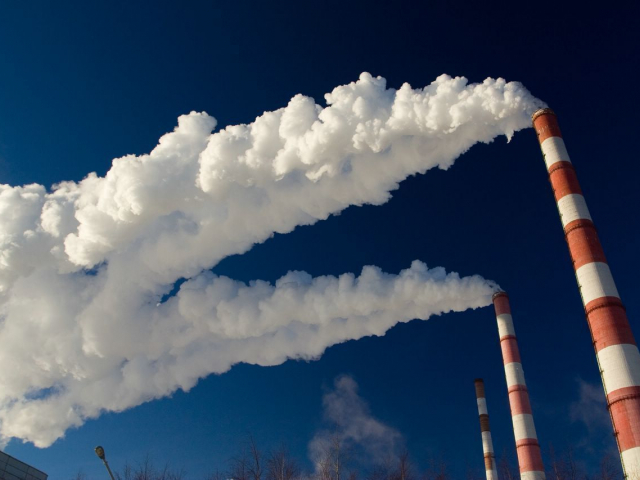
Sanitation without sewer
Currently, scientists are developing toilets which can not only dispose of waste but treat it as well. Another option is toilets that heat the waste and produce fertilizing materials. Contests in this area have been held since 2011, and several prototypes have already been submitted.
Toilets without a sewer system are necessary for the developing world with the acute problem of waste recycling. These countries simply don’t have the possibility to use large amounts of water to transport human waste to remote sewage-treatment plants.
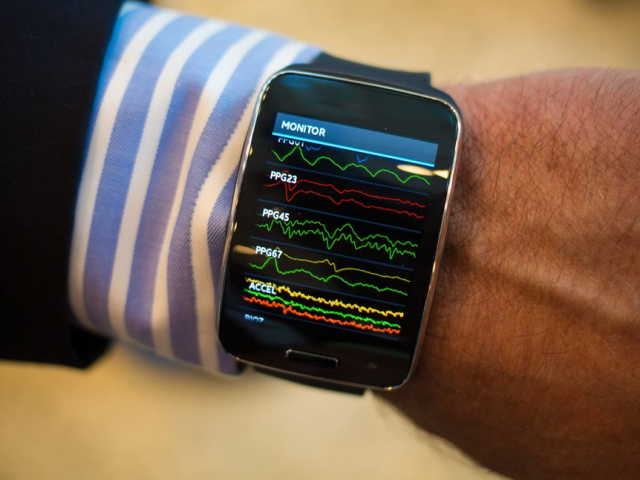
An ECG on your wrist
It is well-known that carbon dioxide emissions are dangerous due to their long-lasting greenhouse effects. According to the UN experts, it is necessary to remove as much as 1 trillion tons of carbon dioxide from the atmosphere to permanently block harmful emissions into the atmosphere. Carbon Engineering, the Canadian startup under the leadership of Davite Keith, produces synthetic fuels, using the captured carbon dioxide as a key ingredient. The direct air capture plant Climeworks in Zurich uses the captured carbon dioxide to produce methane. Swiss-based plant is planning to sell carbon dioxide to soft-drink businesses.
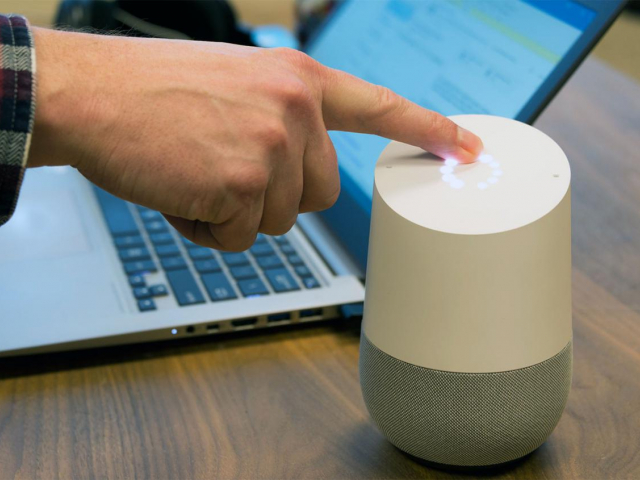
Smooth-talking AI assistants
Currently, Google Duplex technology can make phone calls, make restaurant reservations and book hotels on its own, imitating human language.
The improvement of talking assistants should make interaction with machines more natural and create real digital assistants. For example, Chinese customers are using AliMe Alibaba app which coordinates package deliveries over the phone and haggles about the price of goods over chat.
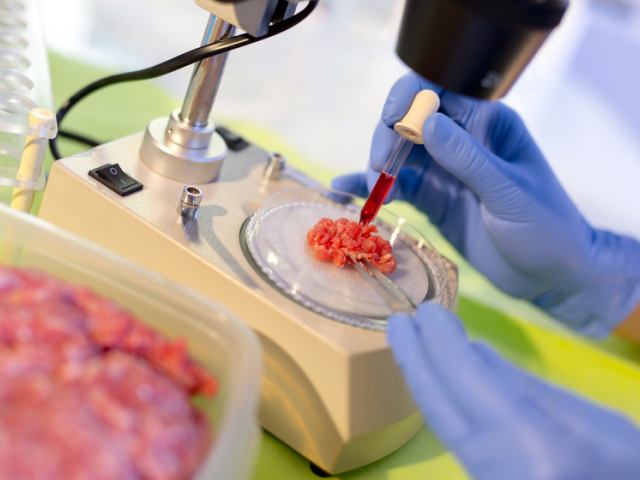
The cow-free burger
Lab-grown meat production based on extracting muscle tissue from animals and growing it in bioreactors can soon become commonplace.
Currently, Beyond Meat and Impossible Foods are focused on imitating the texture and taste of animal meat using pea proteins, soy, wheat, potatoes, and plant oils. Although its taste leaves much to be desired, many scientists (for example, Maastricht University in the Netherlands) continue their research in this field. Besides, the lab-grown meat requires 10 times less emissions than real beef.
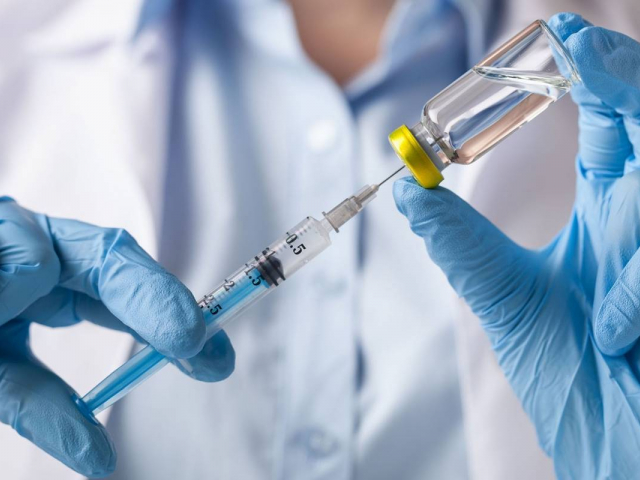
Custom cancer vaccine
Custom cancer vaccines are designed to enhance the body's natural defense in the fight against a deadly disease. A vaccine detects mutations, unique to each tumor. They catalyze the body’s immune system to produce T cells which destroy cancer cells only. For the first time the technology was mentioned in the Human Genome Project research in 2008, when geneticists published the first sequence of a cancerous tumor cell. By the end of 2017, BioNTech, in collaboration with the biotech giant Genentech, began a large test of the vaccine on cancer patients. In the future, the companies are targeting to develop technologies able to produce thousands of personally customized vaccines cheaper and quickly.
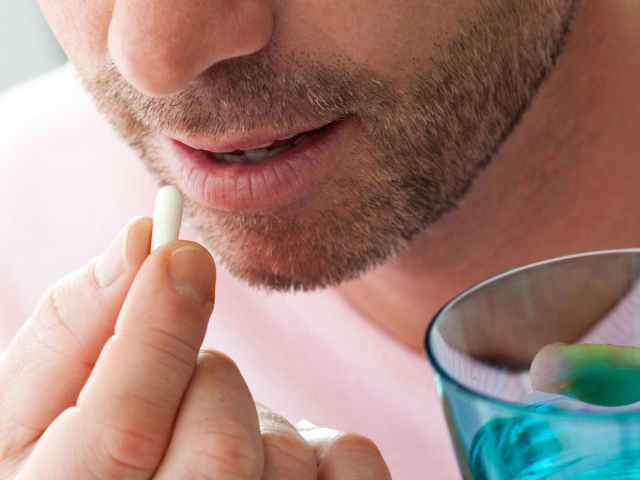
Gut probe in a pill
New gut probe technology will help to capture detailed images of the gut even in infants and children. These are pills containing miniature microscopes inside which can be sterilized and reused.
Guillermo Tearney from Massachusetts General Hospital (MGH) in Boston is engaged in the research of this technology. He is developing small devices which can inspect the gut for signs of environmental enteric dysfunction (EED). The technology helps to image the digestive tract with a resolution of up to one cell or capture a three-dimensional image of sections in 1-2 mm depth.

Predicting preemies
A simple blood test can predict if a pregnant woman is at risk of giving birth prematurely. The cost of the test is less than $10. Scientists are going to extract this information from cell-free genetic material, which is now easier to detect, to examine genetic information in it.
In recent years, scientists have started using this technology to search for the DNA of tumor cancer cells and for prenatal screening of Down syndrome. Bill Gates, together with Jeff Bezos, has invested $22 million in Akna Dx startup in order to spread the use of the test.
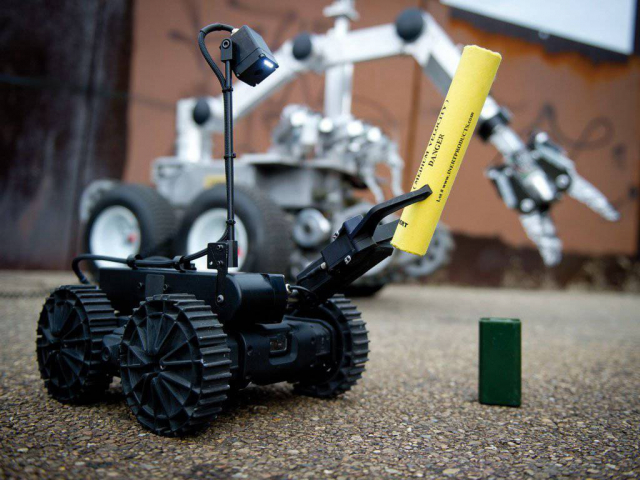
Robot dexterity
According to Bill Gates, modern industrial robots will become more mobile and better controlled in 3-5 years.
The movement of robots in simulated environment as well as in real space will become possible thanks to self-learning algorithms. Currently, Dactyl is the only robot able to flip a toy building block in its fingers.
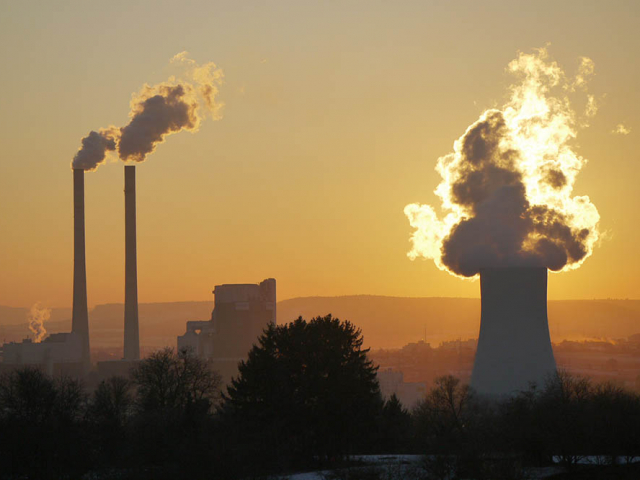
New-wave nuclear power
Forecasts say that nuclear and fusion reactors will become a safer and cheaper source of energy. This applies primarily to generation IV reactors and small modular reactors, which can save money and reduce environmental and financial risks.
Breakthrough is possible in the field of nuclear-thermal fusion. There will be safe reactors which can’t melt down and don’t create harmful nuclear waste. Bill Gates is an investor in TerraPower and Commonwealth Fusion Systems.
 Deutsch
Deutsch 
 Русский
Русский English
English Bahasa Indonesia
Bahasa Indonesia Bahasa Malay
Bahasa Malay ไทย
ไทย Español
Español Български
Български Français
Français Tiếng Việt
Tiếng Việt 中文
中文 বাংলা
বাংলা हिन्दी
हिन्दी Čeština
Čeština Українська
Українська Română
Română
